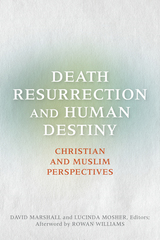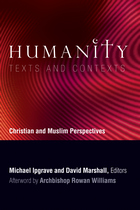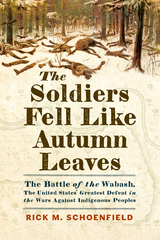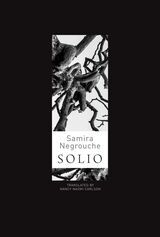
Death, Resurrection, and Human Destiny: Christian and Muslim Perspectives is a record of the 2012 Building Bridges seminar for leading Christian and Muslim scholars, convened by Rowan Williams, then Archbishop of Canterbury. The essays in this volume explore what the Bible and Qurān—and the Christian and Islamic theological traditions—have to say about death, resurrection, and human destiny. Special attention is given to the writings of al-Ghazali and Dante. Other essays explore the notion of the good death. Funeral practices of each tradition are explained. Relevant texts are included with commentary, as are personal reflections on death by several of the seminar participants. An account of the informal conversations at the seminar conveys a vivid sense of the lively, penetrating, but respectful dialogue which took place. Three short pieces by Rowan Williams provide his opening comments at the seminar and his reflections on its proceedings. The volume also contains an analysis of the Building Bridges Seminar after a decade of his leadership.

Humanity: Texts and Contexts is a record of the 2007 Singapore “Building Bridges” seminar, an annual dialogue between Muslim and Christian scholars cosponsored by Georgetown University and the Archbishop of Canterbury. This volume explores three central questions: What does it mean to be human? What is the significance of the diversity that is evident among human beings? And what are the challenges that humans face living within the natural world?
A distinguished group of scholars focuses on the theological responses to each of these questions, drawing on the wealth of material found in both Christian and Islamic scriptures. Part one lays out the three issues of human identity, difference, and guardianship. Part two explores scriptural texts side by side, pairing Christian and Islamic scholars who examine such themes as human dignity, human alienation, human destiny, humanity and gender, humanity and diversity, and humanity and the environment. In addition to contributions from an international cast of outstanding scholars, the book includes an afterword by Archbishop Rowan Williams.

READERS
Browse our collection.
PUBLISHERS
See BiblioVault's publisher services.
STUDENT SERVICES
Files for college accessibility offices.
UChicago Accessibility Resources
home | accessibility | search | about | contact us
BiblioVault ® 2001 - 2024
The University of Chicago Press









